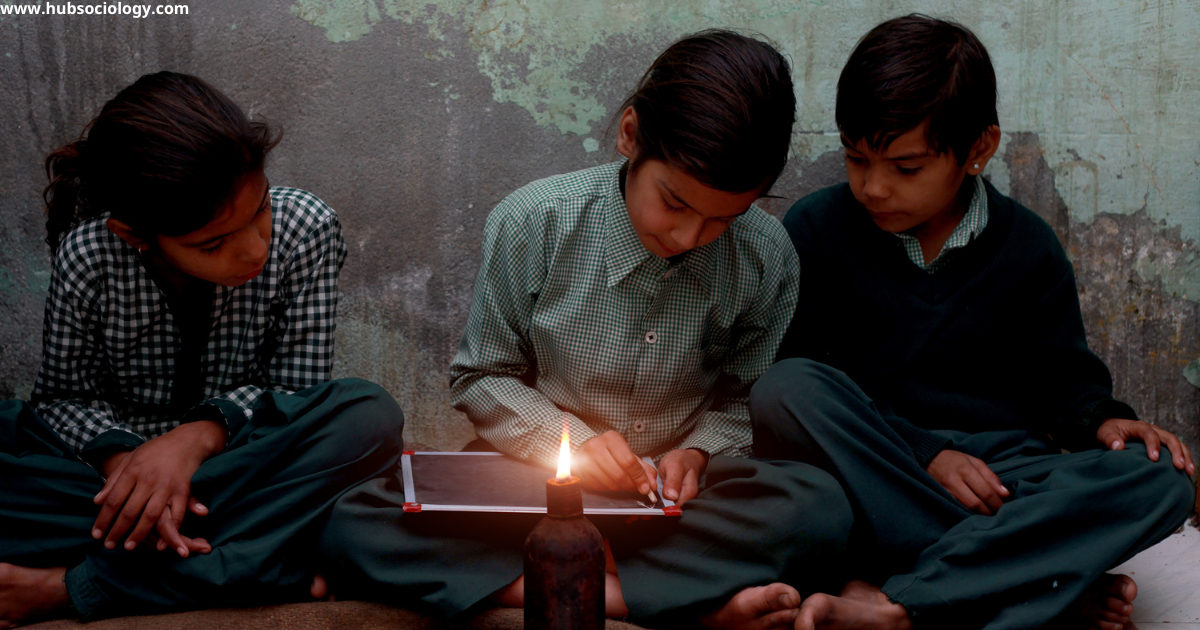Development and Environmental Policies and Acts of India
Introduction on Development and Environmental Policies India, as one of the fastest-growing economies in the world, presents a major challenge: reconciling rapid industrialization and urbanization with environmental sustainability. The country’s development trajectory has been marked by significant economic progress, but it has also led to ecological degradation, displacement of communities, and social inequities. Environmental policies … Read more









